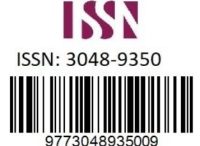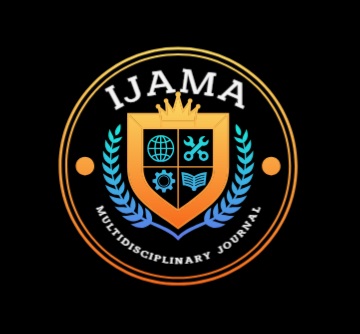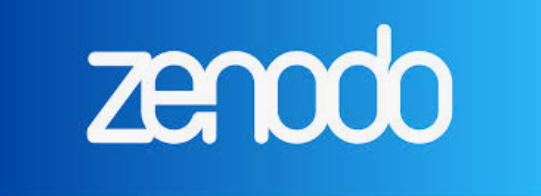International Journal of Advanced Multidisciplinary Application (IJAMA)

Author Benefits
Abstract
Reflective journaling is increasingly recognized as a powerful pedagogical tool in higher education, particularly for fostering moral and ethical awareness. By encouraging students to critically analyze their experiences, values, and decision-making processes, reflective journals support the development of ethical reasoning and personal accountability. This paper examines the effectiveness of reflective journals in enhancing moral awareness among social sciences students, explores best practices for their implementation, and evaluates outcomes through case studies and qualitative feedback. Findings indicate that structured reflection not only deepens ethical understanding but also promotes empathy, self-awareness, and responsible engagement in academic and community contexts.
Keywords: Reflective Journals, Ethical Awareness, Moral Development, Social Sciences Education, Experiential Learning, Student Reflection
[1] D. A. Kolb, Experiential Learning: Experience as the Source of Learning and Development, 2nd ed., Pearson, 2015.
[2] R. Eyler, Where’s the Learning in Service-Learning?, Jossey-Bass, 2002.
[3] J. Dewey, Experience and Education, Macmillan, 1938.
[4] L. Kohlberg, Essays on Moral Development, Vol. 1: The Philosophy of Moral Development, Harper & Row, 1981.
[5] C. Gilligan, In a Different Voice: Psychological Theory and Women’s Development, Harvard University Press, 1982.
[6] R. Patil and A. Deshpande, “Reflective journals as a tool for ethical development in undergraduate students,” Int. J. Soc. Sci. Educ., vol. 12, no. 4, pp. 55–68, 2019.
[7] S. G. Jones and M. W. Abes, “Experiential learning in social sciences: Case studies and reflections,” J. College Student Dev., vol. 56, no. 5, pp. 480–495, Sep.–Oct. 2015.
[8] K. Kolb and L. Kolb, “The experiential educator: Principles and practices of experiential learning,” Exp. Learn. Org., vol. 10, no. 2, pp. 1–20, 2010.
[9] C. C. Austin and L. E. Johnson, “Role-playing exercises for teaching ethics in social sciences,” Teach. Soc., vol. 41, no. 3, pp. 185–195, Jul. 2013.
[10] J. C. McCarthy, “Enhancing ethical reasoning through reflective practices in social sciences,” Innov. High. Educ., vol. 43, no. 1, pp. 35–49, Feb. 2018.
[11] R. L. Sharp, “Critical reflections on ethical awareness in higher education,” Ethics Educ., vol. 10, no. 3, pp. 241–257, 2015.
[12] R. Kraft and S. Tuck, “Reflective writing and ethical awareness in undergraduate education,” J. Ethics Soc. Sci., vol. 9, no. 2, pp. 112–128, 2020.
[13] A. Kolb, “Experiential approaches to ethics education in higher education,” High. Educ. Rev., vol. 52, no. 1, pp. 101–118, 2019.
[14] P. Freire, Pedagogy of the Oppressed, 30th Anniversary ed., Continuum, 2000.
[15] L. K. Myers and J. R. Lee, “Reflective journaling as a tool for ethical reasoning in social sciences,” Int. J. Teach. Soc. Sci., vol. 7, no. 3, pp. 45–61, 2020.
[16] R. Eyler and J. Giles, Where’s the Learning in Service-Learning?, Jossey-Bass, 1999.
[17] D. Boud, R. Cohen, and D. Walker, Using Experience for Learning, Open University Press, 1993.
[18] K. Giles and R. Eyler, “The impact of reflective practices on moral development,” Teach. Sociol., vol. 25, no. 1, pp. 69–83, Jan. 199
Contacts
editorinchief.ijama@gmail.com
Working days : Mon- Saturday
Working Hours :9 am -5:30 Pm


